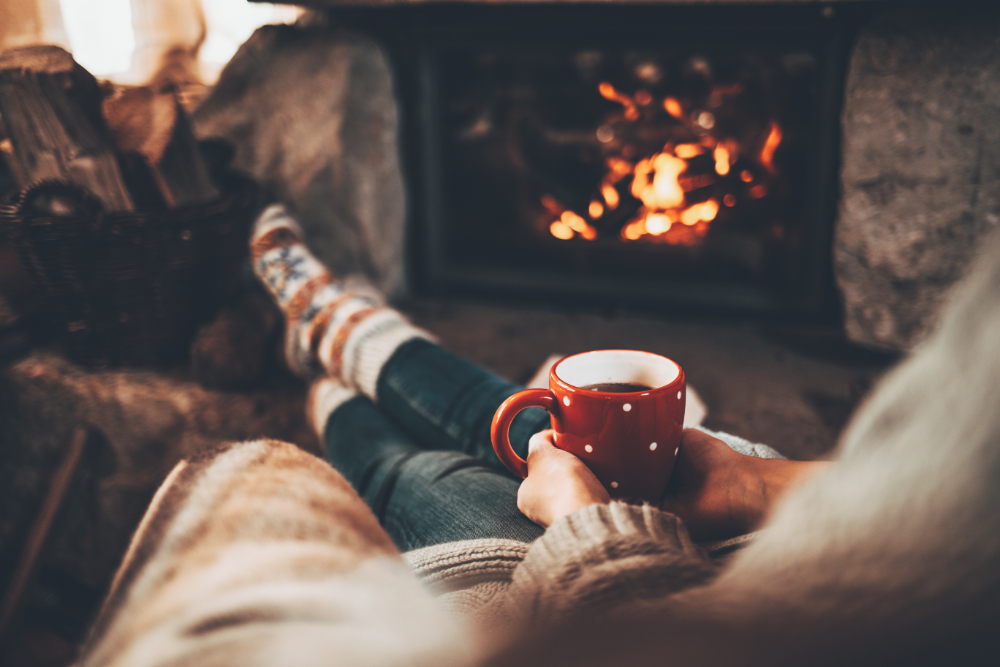An Arkansan’s Guide to Surviving the Winter

The occasional winter snowfall is a real treat in Arkansas, where we are much more accustomed to sticky heat and bright skies. However, how many of us have a comprehensive understanding of the dangers associated with snow and severe winter weather? We know exactly what to do in cases of extreme heat, but some of us would be helpless if severe cold hit and we lost power or were unable to drive.
While a snowstorm is unlikely in our state, it isn’t unheard of, so you should prepare yourself, your home and your family for potential winter weather. Here are some common health and safety threats that present themselves during the winter, and how to prepare for them.
Lack of physical activity and sunlight
People tend to bundle up inside when it’s cold out. For Arkansans whose bodies are used to soaking up sun all summer, it’s common for the body to feel different in the winter.
-
If you suddenly let go of your exercise routine, it can lead to weight gain. Lack of exercise can also contribute to feelings of sadness and depression, which increase in the winter, a disorder known as Seasonal Affective Disorder (SAD).
-
It is also important to make sure you receive enough sunlight and vitamin D during the winter. Spend time outside or arrange your home or office so that you are exposed to sunlight during the day. Increase the presence of vitamin D-rich foods in your diet, like some types of fish, juices, dairy products and egg yolks.
Home maintenance
Here’s a checklist of the things you need to do to make sure your home is ready to protect you from frigid temperatures:
-
Have a professional inspect your heating system. This includes your water heater, and any appliance that burns coal, oil or gas.
-
Have your chimney and fireplace inspected to make sure they are vented properly.
-
Make sure your carbon monoxide detector is working. This is especially important if you use gas heat.
-
Check that your carbon monoxide detector has fresh batteries. Use the “test” button on the back to make sure the alarm is working.
-
In the case your heating system fails this winter, do not use a generator, charcoal grill or camping stove inside your home, basement, or garage or near a window. These are known to emit carbon monoxide.
Winter storms
Winter storms can cause roads to shut down and power to go out. In these situations, you will need to shelter in place. Make a winter storm kit similar to a tornado preparedness kit. It should include:
-
Non-perishable food items like canned fruits and vegetables.
-
Several fully charged portable batteries for phones and medical devices.
-
A first-aid kit and extra medicine.
Unsafe outdoor conditions for senior citizens
Winter can be the most dangerous season for the elderly. Ice presents a real danger of accident or injury.
-
If it is below freezing outside, encourage your parents and grandparents to either stay indoors or be very careful when they leave their houses. Sometimes, ice isn’t obvious.
-
More active senior citizens should keep bags of sand or kitty litter on hand to sprinkle on walkways and driveways, and always wear shoes with good traction.
Visit QualChoice.com for more health and fitness tips.
All source information courtesy of the Centers for Disease Control and Prevention (CDC) and the American Psychiatric Association.
